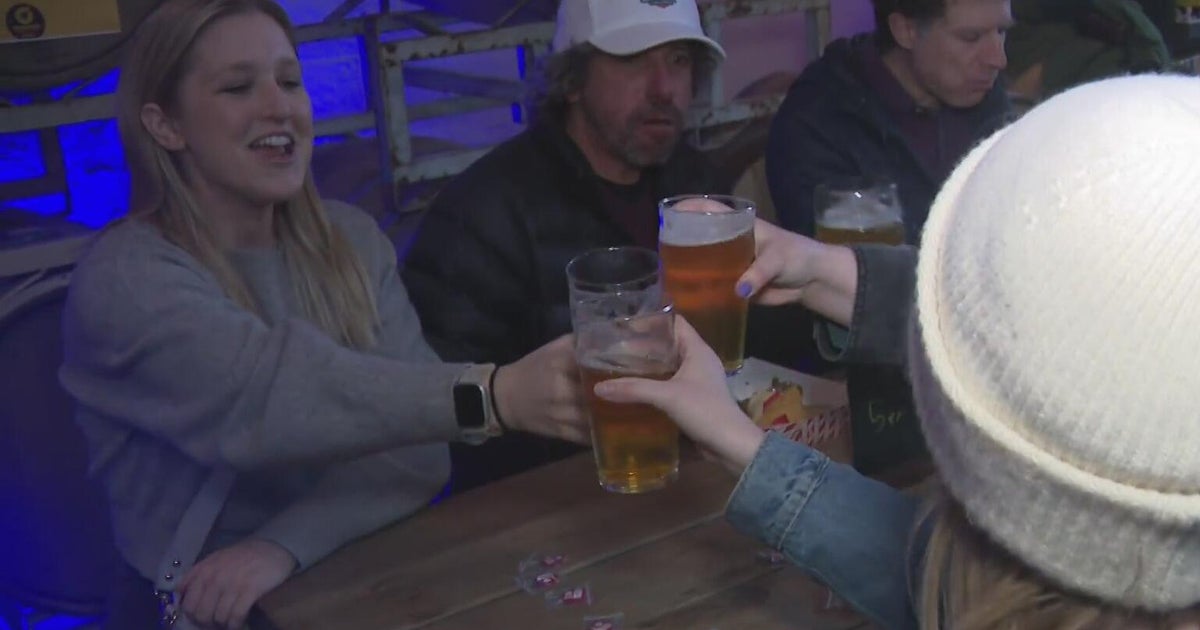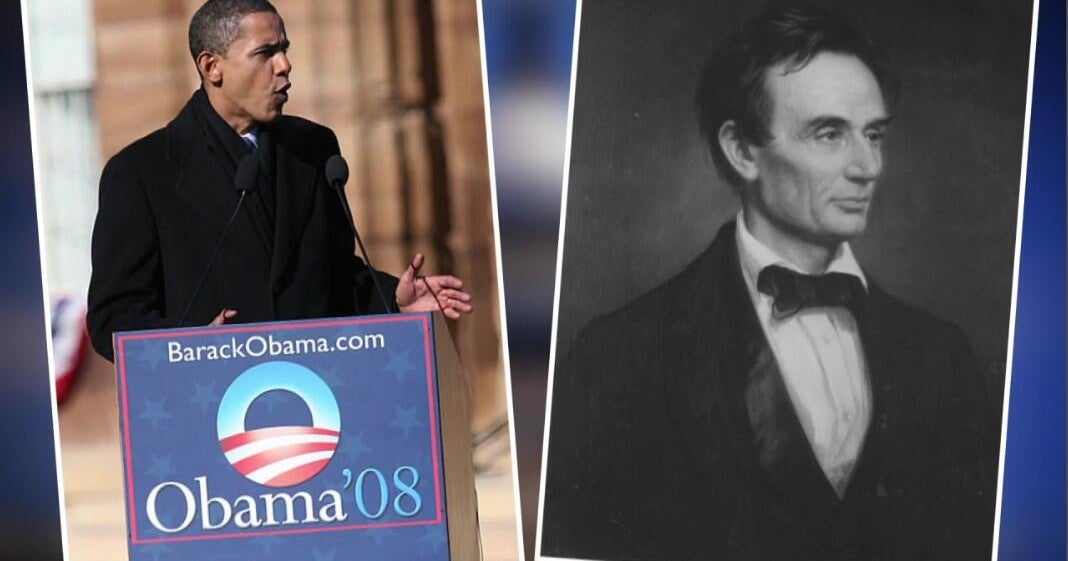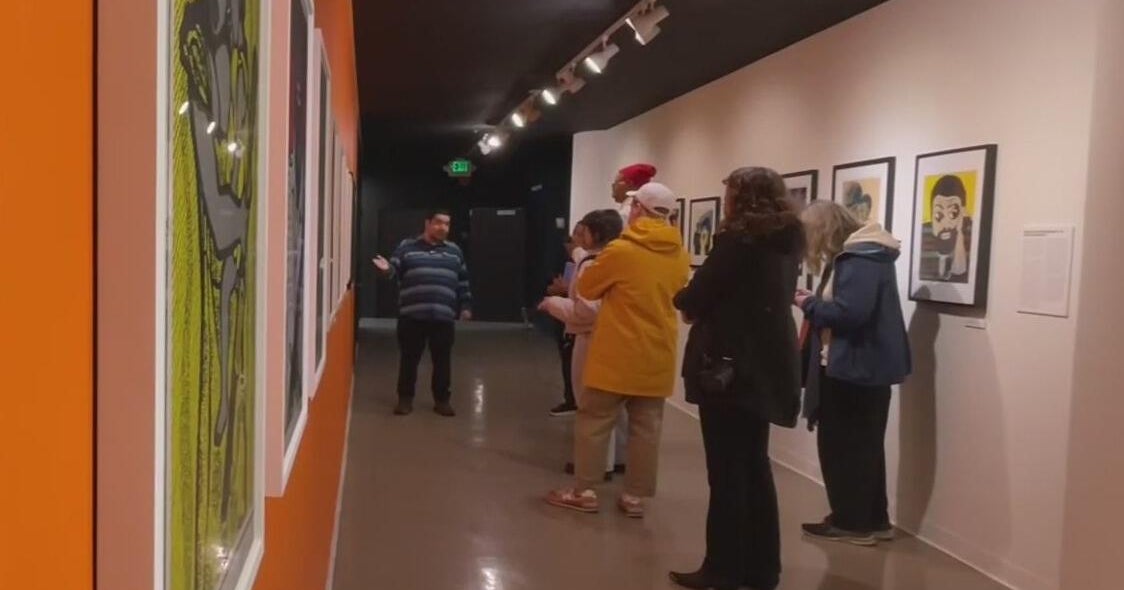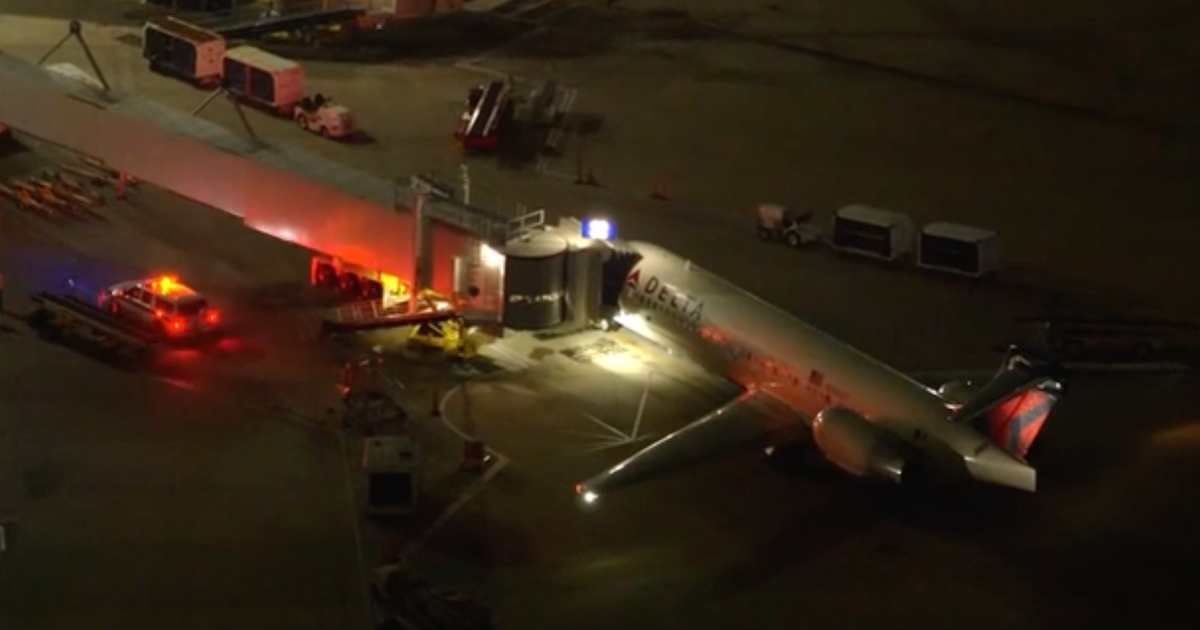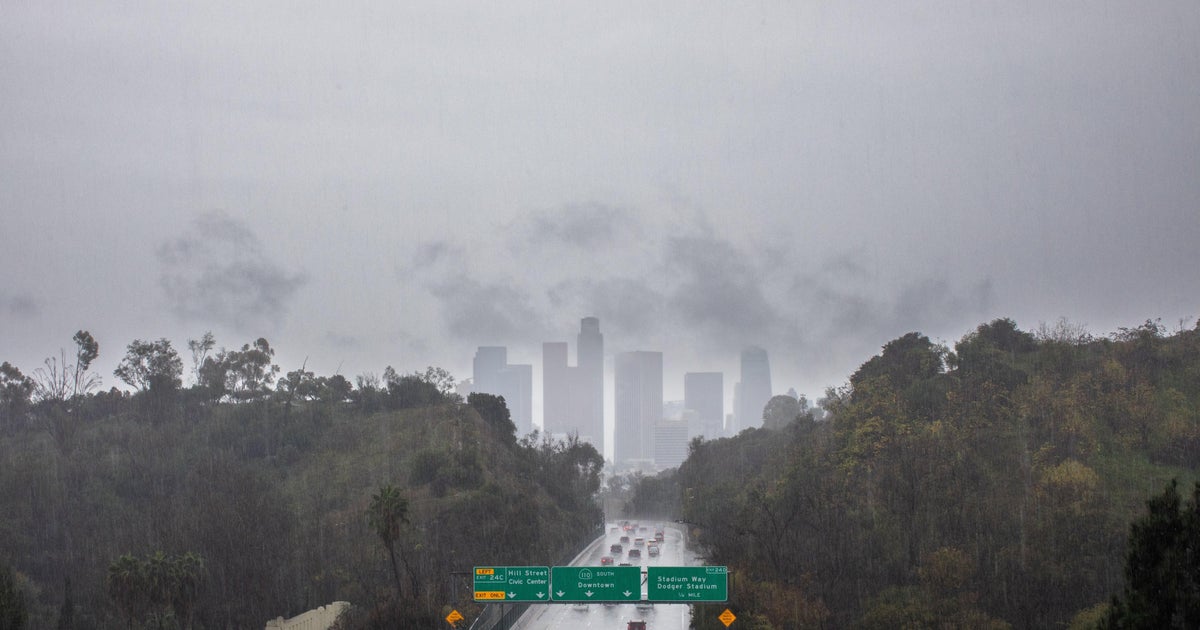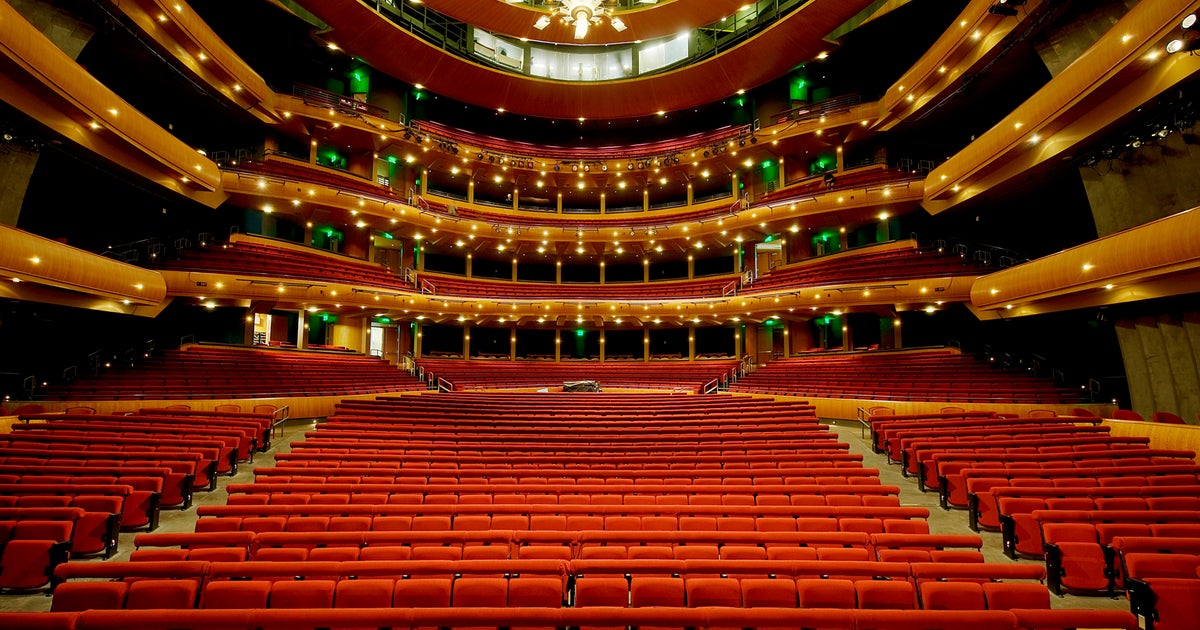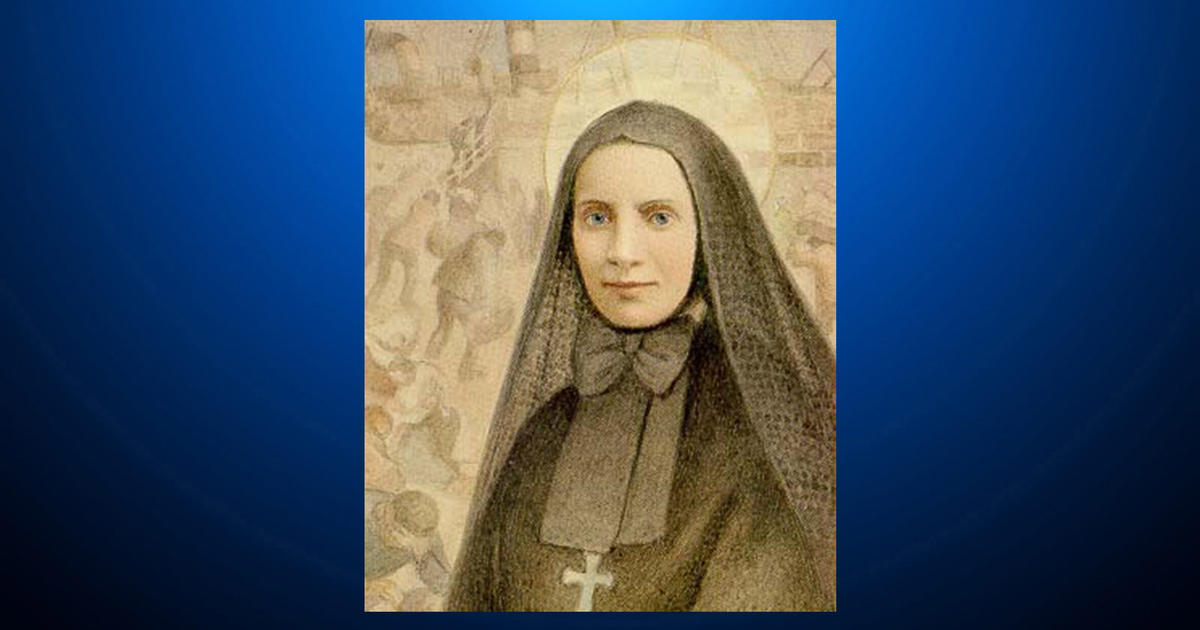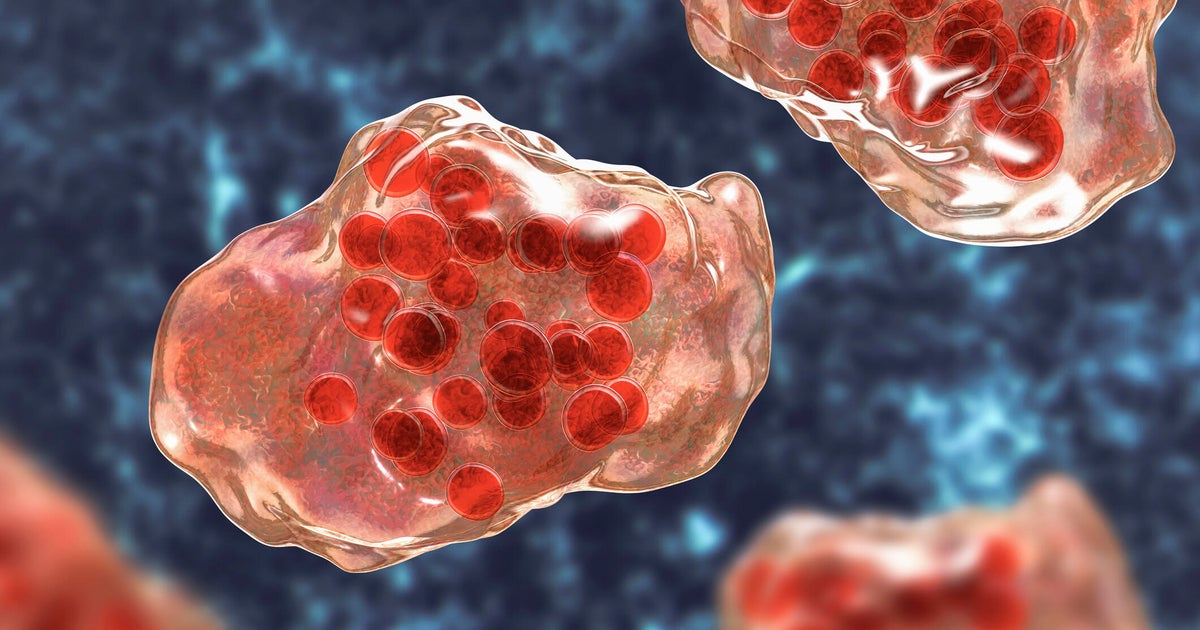President Obama Departs After Soaking Up San Francisco Adulation
SAN FRANCISCO (CBS SF) - President Barack Obama departed from San Francisco International Airport Friday morning after making a visit to the Bay Area Thursday to raise money for his re-election campaign.
Air Force One took off from the airport shortly after 9 a.m. Obama was headed to Washington state for more campaign fundraising, then back to Washington, D.C., before the end of the day, according to White House officials.
President Obama was received by an enthusiastic audience of San Francisco supporters Thursday night following an acoustic performance by Soundgarden singer Chris Cornell and speeches from some prominent local supporters.
Outside the event at the Nob Hill Masonic Center at 1111 California St., hundreds of protesters representing a variety of causes demonstrated against the President.
Obama took the stage shortly after 9 p.m. after short speeches by Organizing for America California Director Mary Jane Stevenson and San Francisco 49ers tight end Vernon Davis.
Davis described how inspired he was by Obama, comparing him to his grandmother growing up in Washington, D.C., where Davis said that her influence kept him out of trouble.
"I'm inspired by President Obama the same way I'm inspired by my grandma," Davis said.
Shortly after Obama took the stage, he drew boos from the San Francisco audience for suggesting that he might like Davis to play elsewhere.
"If you want to come and play for the Bears you are welcome to do it," the Chicago politician said.
But that didn't sway the devoted audience for long, who continually interrupted the president during his speech with cries of "I love you."
"I love you back," the president quipped back. Later in the speech, he responded once again to tell an audience member, "I told you I love you already."
Related: President Obama Makes Surprise Visit To SF Chinatown Restaurant
Obama was also interrupted twice by security removing two protesters from the audience, who yelled over the speech about several issues, including drilling for oil in the Arctic Ocean.
KCBS' Chris Filippi Reports:
The activist group Code Pink said after the speech that the two protesters were Janine Boneparth and Nancy Mancias, both residents of San Francisco, and were protesting war and the president's environmental policies.
"This is what San Francisco is always about," the president joked as the second protester was removed from the room. "Folks are not shy about sharing their ideas in San Francisco."
Obama's speech touched on various campaign themes, reminding supporters of the accomplishments of his administration, and making the case that his policies are the best suited to move the country forward, particularly regarding the economy.
"We believe in the free market and we believe in entrepreneurship, but we also believe that anyone who works hard should get a fair shot," the president said.
"We're starting to see what change looks like," he said.
The president made the case that his policies saved the auto industry and championed the passage of health care reform, the end of the "Don't Ask, Don't Tell" policy in the military, and the end of the Iraq war as major accomplishments of his administration.
But the economy was the major issue the president kept returning to.
He outlined several routes to economic success—including growing manufacturing jobs in the U.S., supporting science and research to keep American industry innovative, and providing good education to American students.
"I want to make our schools the envy of the world," Obama said.
Through one anecdote that resonated with the Bay Area audience, Obama described that a good teacher attracted by good pay could inspire students, perhaps to the point that one student might grow up to be the next Steve Jobs.
That would be a good investment, he said.
He also addressed how to pay for the policies he proposed, suggesting that the funds saved by ending the Iraq war would be instrumental in helping the federal government out of the fiscal trouble it's found itself in recently.
"Let's take the money we are no longer spending in Iraq, take half to pay down our debt, and take the other half and do some nation building right here at home," the president said.
He also touted the "Buffet Rule," an economic proposal the president has suggested that would adjust tax rules so that tax rates are not lower for those with higher incomes than those with lower incomes.
He said that shared sacrifice was necessary to move the country forward, and that those making more than $250,000 per year should be taxed more to ease the burden of those hardest hit by the recession.
"Our story's never been about what we do alone, it's about what we do together," Obama said. "We can't respond to these economic challenges with these same old 'you're on your own' economics."
Obama closed the speech by imploring the audience to believe that he is fighting for the change he promised during the 2008 campaign, and that he has been "inching closer" to that change throughout his three years as president.
"I know the change we fought for in 2008 has come in fits and starts," he said. "I know we've had set backs and I've made mistakes."
But he said despite his imperfections, he has fought as hard as he could.
"Stand with me; hope with me," the president said.
While Obama provided the inspiration, before his speech Stevenson addressed the practicalities of the role that San Francisco and California will play in the upcoming election.
"This is going to be a tough fight," she said. "If we're going to win in November we have to start ramping up our efforts right now."
She said she was troubled by Obama supporters who may have grown complacent in the prospect that the president will easily win re-election in November.
"I've been hearing some language from Obama supporters that makes me nervous. 'It's so early; the Republicans don't even have a nominee yet; why should I volunteer now?'" she said. "This race is on."
While she said that California was largely "in the bag" and mainly served as a fundraising center for Democrats, she stressed the need for volunteers to make phone calls to battleground states and to travel to Arizona, New Mexico and Nevada to convince voters there to vote for Obama.
The opening concert by Soundgarden singer Cornell was mixed with some political statements, and included several protest songs and timely tributes, including closing with recently deceased singer Whitney Houston's "I Will Always Love You."
"I can't believe he sang a Whitney Houston song," Stevenson said.
Cornell also included John Lennon's song "Imagine" in his acoustic set, and Bob Marley's "Redemption Song."
Cornell was unequivocal in his continued support of Obama: "I for one am very excited about four more years," he said.
(Copyright 2012 by CBS San Francisco and Bay City News Service. All Rights Reserved. This material may not be published, broadcast, rewritten, or redistributed.)
